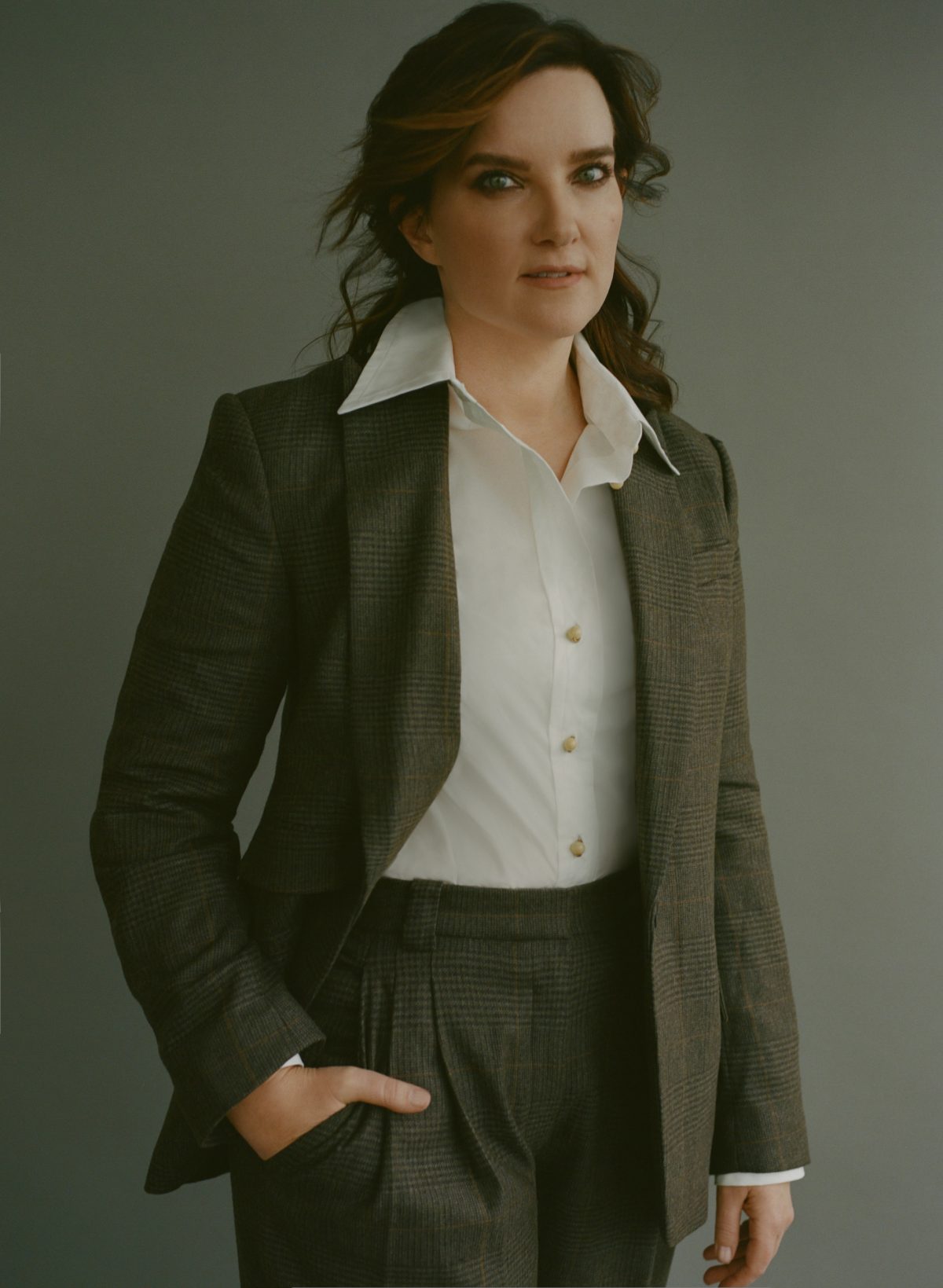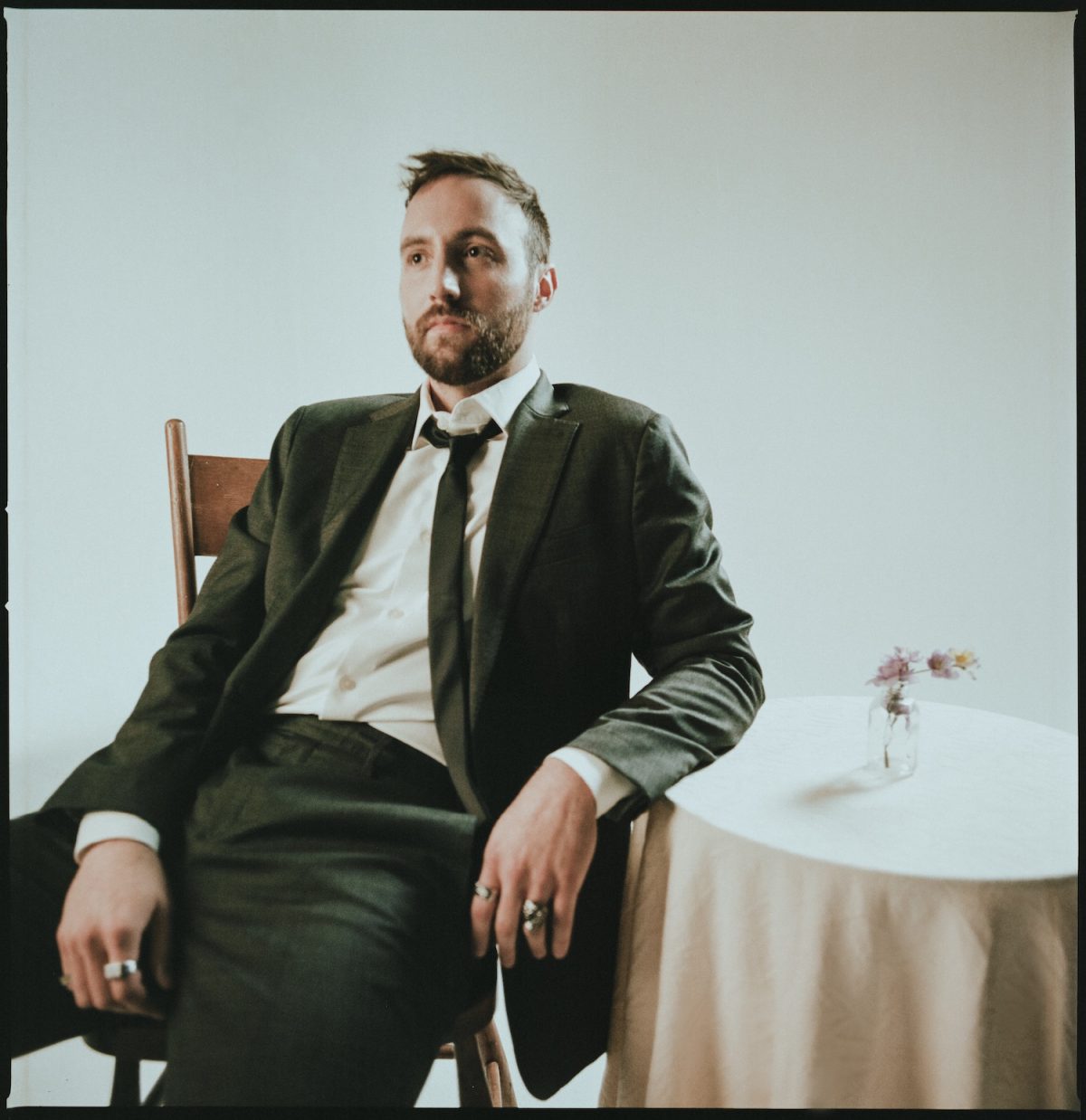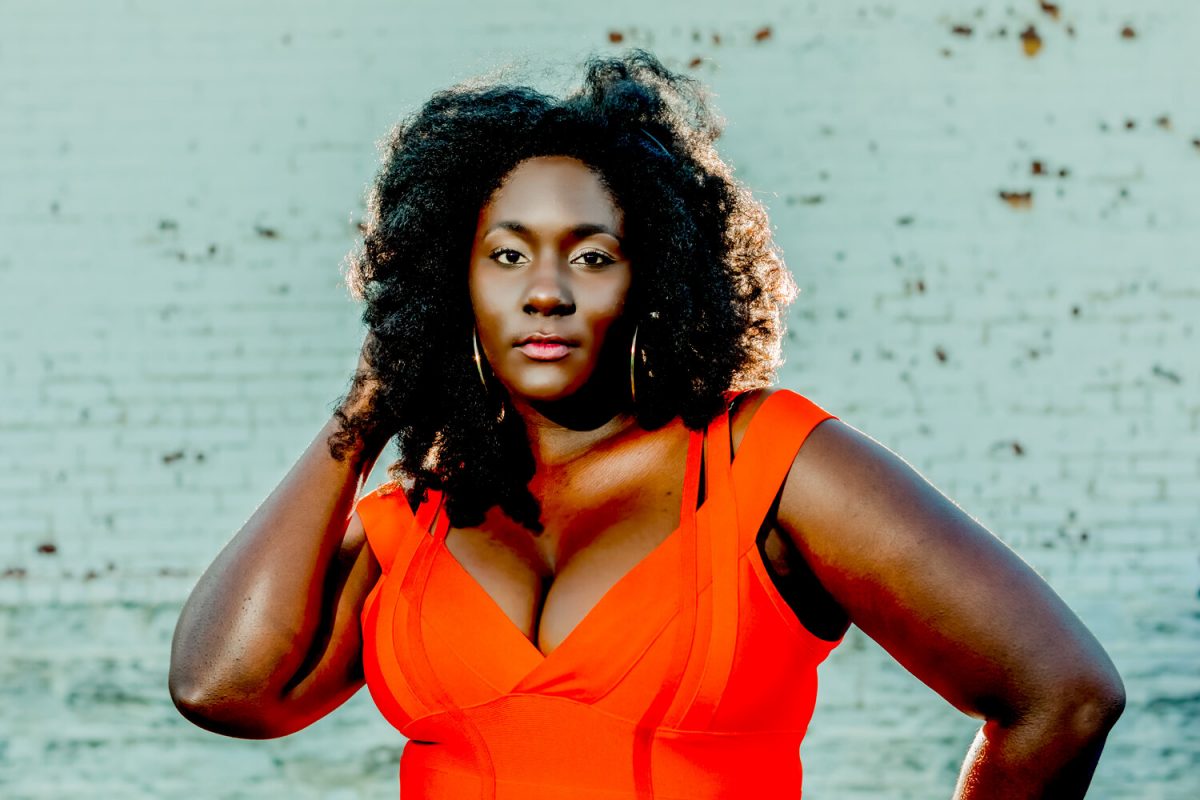By Aaron Irons
Brandy Clark has long been a lauded pen among Nashville songwriters, landing hits with chart-toppers like Kacey Musgraves and Miranda Lambert, while handily stepping out with her own records woven from classic country and contemporary heart-on-the-sleeve fearlessness.
On her self-titled fourth album, Clark is as powerful as ever, showcasing stunning personal narratives alongside blood-and-bone ballads that survey fresh angles bound by neither convention nor cliché.
“I think that’s always the challenge of a songwriter and a singer,” says Clark, who on her latest release maneuvers through tales of heartbreak, homicide, and home. “There are songs that aren’t hard for me to find a way into—like ‘Take Mine.’ I wrote that for my godson. And ‘Dear Insecurity’ [which won the 2023 Grammy for Best Americana Performance], I wrote about my own insecurities.”
On “Tell Her You Don’t Love Her,” Clark implores a friend’s ex for mercy, an act the album’s producer, Brandi Carlile, approached with skepticism.
“Whenever I go into a project with any producer, I like to give them the last 18 to 24 songs that we whittled down from my catalog,” says Clark. “You just get too close to [songs] at some point. I always think of the producer as the last writer on the songs … and the only song that Brandi didn’t choose that I was set on [recording] was ‘Tell Her You Don’t Love Her.’ She said, ‘I just don’t believe that from you.’”
Clark says the song was written about a friend whose ex-boyfriend was stringing her along, and Clark wanted the guy to “stop the long goodbye,” and just tell her friend he didn’t love her. And that “really shifted it for [Carlile],” says Clark, adding that Carlile’s problem with the song was its “small emotion: ‘You are pleading with this guy to let your friend off the hook. It’s not a big, aggressive emotion,’ so we broke it down really small, and by the end of the recording [Carlile] said, ‘You know, that’s top three for me now.’”
After connecting during the pandemic lockdown, Clark and Carlile (dubbed BC Squared) collaborated on two tracks that would ultimately appear on the deluxe edition of Clark’s 2020 album Your Life is a Record. Clark says that working with another musician was an eye-opening experience.
“The thing that Brandi was really good at—I mean, she’s great at several things—but one of the big things was holding a mirror up in front of my face and saying, ‘Okay, is this really you? And if it’s not really you, what’s your way into it?’’’
Another track, “Ain’t Enough Rocks,” tells the graphic story of a father sexually abusing his daughters and meeting an end at the bottom of a river. In the song’s final moments, Clark delivers the chill-inducing line, “Sometimes the only cure for a certain kind of problem is the right amount of limestone to keep it at the bottom.”
“That was one that everybody fought for but me because I was a little timid to do that song because I’m not a survivor of abuse,” Clark says. “I didn’t wanna come off as pretending I was for a song. Brandi said, ‘A, this is a great song. And B, I believe you when you sing it. It’s a story song and there’s something in this story that you resonate with.’”
Clark says it’s the last verse that resonates with her, and “I think there’s some crimes that don’t deserve a jury, and that was my way into that. I know that sounds so black and white and awful, but I just feel like there are some things that are so terrible, people should at least never breathe free air again.”
The song, co-written with Jessie Jo Dillon and Jimmy Robbins, also features an appearance by guitarist Derek Trucks, who first turned down the project because his studio was not open, but Carlisle sent it anyway. “He was so inspired by the song that he figured out a way to do it,” says Clark. “So that makes me feel amazing as a writer on that song.”
Clark calls her latest collection a raw version of herself, and though some critics and fans may be surprised by her more bare-knuckle moments, this isn’t a reinvention, it’s a live-edge cut of the songwriter.
“I’ve been in the world of trying to write commercial songs,” says Clark. “I’ve never been really great at writing commercial songs. A lot of people think I am because I’ve had a few hits, but overall, I’ve had a lot more non-commercial songs.
“But you get into that mindset of a certain, for lack of a better word, formula,” she adds. “And Brandi doesn’t know that formula. So for me to bring in some structure and her to bring in some non-structure, I think we landed in a really great place.”









